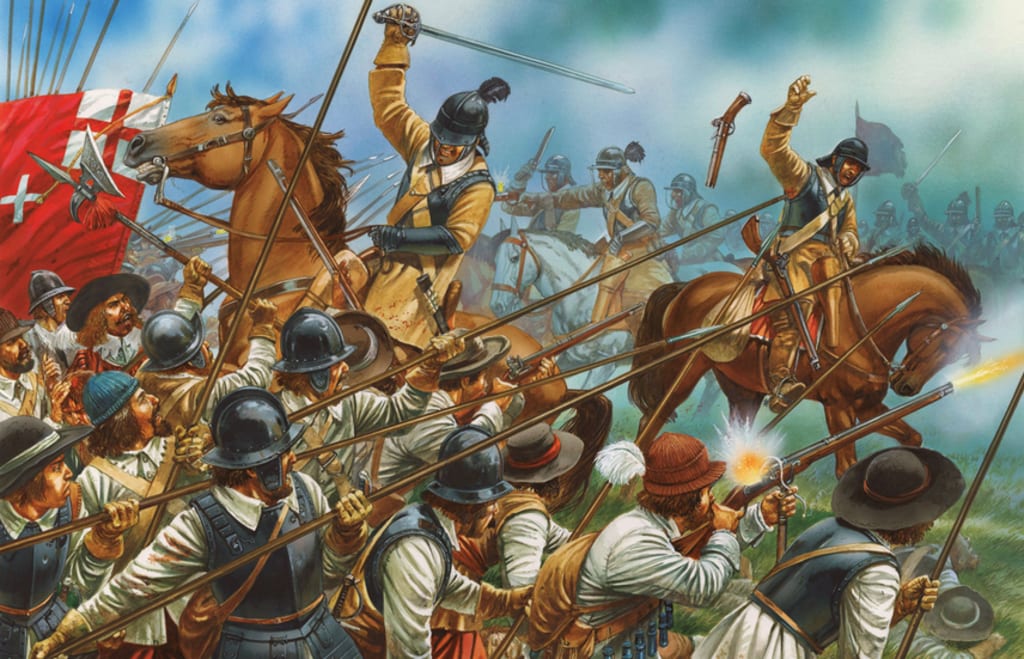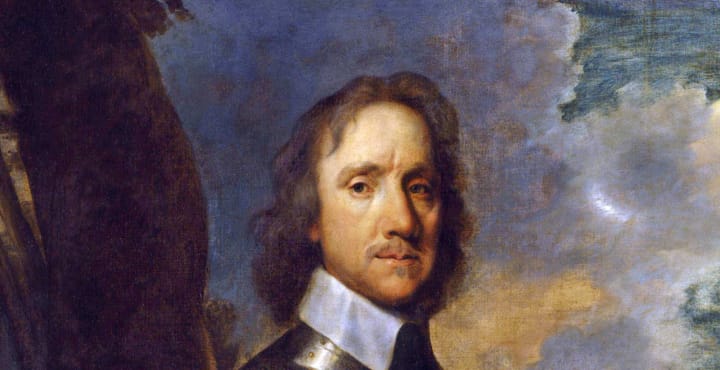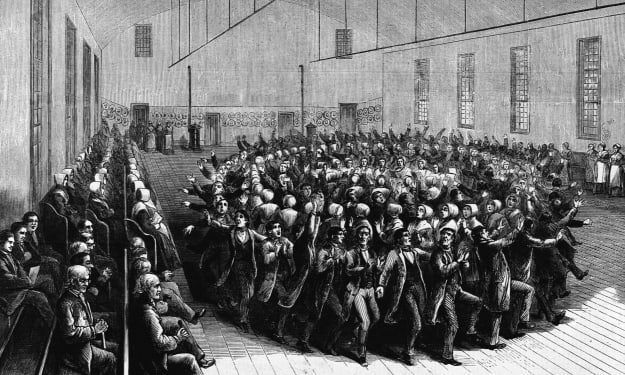The Self-Denying Ordinance, 1644-5
An important event during the English Civil War

The self-denying ordinance was a short bill passed by Parliament at the height of the English Civil War (1642-49), and which turned out to be instrumental in the eventual victory of the Parliamentary forces over those of King Charles I.
The self-denying ordinance
The House of Commons passed a bill on 19th December 1644, to the effect that “all and every of the members of either House of Parliament shall be … discharged … from all and every office or command military or civil, granted or conferred by both or either of the said Houses of this present Parliament”. In other words, the command of the Army and the Navy, in particular, were to be in the hands of professional soldiers and sailors, rather than politicians.
The thinking behind the ordinance was aimed mainly at getting rid of the aristocratic commanders, such as the Earls of Essex and Manchester, who were members of the House of Lords and had not been particularly effective in the field. Another motivation was that some of these commanders were less interested in decisive military victories than in persuading the King to negotiate a settlement. The “war party” in the Commons, led by Sir Henry Vane and Oliver Cromwell, was gaining the upper hand, and the ordinance was a result of their growing influence.
It is probably not surprising that the House of Lords did not agree with the House of Commons about the need for the ordinance. They rejected it in January 1645, so a compromise ordinance had to be arrived at, which was passed on 3rd April 1645. This stipulated that, although the commanders in question had to resign, they could be re-appointed without prejudice.

The effect of the ordinance on the conduct of the Civil War
The ordinance meant that the way was now open for Sir Thomas Fairfax, who was not a Member of Parliament but who had distinguished himself by his courageous and effective leadership, to play a much larger role in the conduct of the War. Oliver Cromwell, who was both a Member of Parliament and a military commander, was at first affected by the ordinance but later exempted from it, under the terms of the second ordinance, because of his exceptional skill on the battlefield. Another exception was made for Sir William Brereton, who was besieging Chester at the time.
However, the conduct of the War was now in the hands of a committee of Parliament, and some of its members were the same generals who had been removed from the field by the ordinance. They did not always make life easy for Sir Thomas Fairfax, who found some of their instructions to be irksome and obstructive.
The ordinance was necessary for the formation in 1645 of the New Model Army, which was far more professional in its formation, organization, tactics and discipline than the divided militia armies that had been fighting on the Parliamentary side up till then. Private armies led by politicians and aristocrats had been limited to local campaigns, because its members refused to fight at any distance from their homes, but the New Model could go anywhere.
Whereas the war had been indecisive up to that point, with battles being both won and lost, the New Model Army never again lost as much as a skirmish. After the passing of the self-denying ordinance and the formation of the New Model Army, the War swung decisively in favour of Parliament, with the most notable victory being that at Naseby on 14th June 1645 when the New Model Army defeated the Royalist forces commanded by Prince Rupert, capturing 5,000 prisoners, including many experienced officers.
A further victory for Fairfax and Cromwell at Langport, Somerset, in July destroyed the last effective Royalist field army, thanks again to the New Model Army’s better tactics and discipline, thus further justifying the self-denying ordinance.
About the Creator
John Welford
I am a retired librarian, having spent most of my career in academic and industrial libraries.
I write on a number of subjects and also write stories as a member of the "Hinckley Scribblers".






Comments
There are no comments for this story
Be the first to respond and start the conversation.